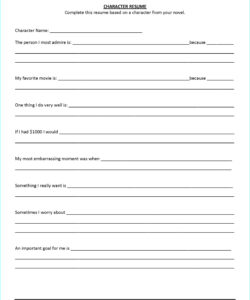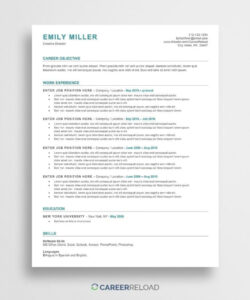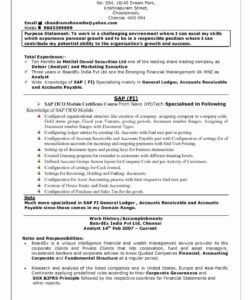When it comes to applying for a job that requires a security clearance, it’s important to know how to properly list your clearance on your resume. In this article, we’ll go over the best practices for putting your secret clearance on your resume, as well as some tips for making your resume stand out to potential employers.
First, it’s important to understand what a secret clearance is and why it’s important. A secret clearance is a level of security clearance that allows you access to classified information that could cause serious damage to national security if it were to fall into the wrong hands. If you have a secret clearance, it means that you’ve undergone a thorough background check and have been deemed trustworthy enough to access this sensitive information.
How to List Your Secret Clearance on Your Resume
When it comes to listing your secret clearance on your resume, there are a few things to keep in mind. First, you should make sure that you list your clearance level (in this case, “secret”) prominently on your resume. This will help catch the eye of potential employers who are looking for candidates with a security clearance.
Next, you should list any relevant experience you have working with classified information. This could include experience working in a secure facility, handling classified documents, or working on projects that required a security clearance. Be sure to highlight any specific skills or qualifications that make you a good fit for the job you’re applying for.
Finally, you should make sure that you’re following all of the proper guidelines for listing your clearance on your resume. This includes using the correct terminology and formatting, as well as making sure that you’re not disclosing any classified information that you’re not authorized to share.
Tips for Making Your Resume Stand Out
Now that you know how to properly list your secret clearance on your resume, it’s time to start thinking about how to make your resume stand out to potential employers. Here are a few tips:
- Use keywords: Make sure that you’re using the right keywords in your resume to help it get noticed by applicant tracking systems (ATS). This could include keywords like “security clearance,” “classified information,” or “secure facility.”
- Highlight your skills: Be sure to highlight any specific skills or qualifications that make you a good fit for the job you’re applying for. This could include experience with specific software or hardware, or experience working in a particular industry.
- Keep it concise: While it’s important to include all of the relevant information on your resume, you don’t want to overwhelm potential employers with too much information. Keep your resume concise and to the point.
FAQ
Q: How do I know if I have a secret clearance?
A: If you have a secret clearance, you should have received a security clearance certificate from the government. If you’re not sure whether you have a clearance, you can check with your employer or the agency that sponsored your clearance.
Q: Do I need to list my clearance on my resume if it’s expired?
A: No, you don’t need to list an expired clearance on your resume. However, if you’re applying for a job that requires a clearance, you should be prepared to undergo the clearance process again.
Q: Can I list my clearance on my resume if I’m not currently employed?
A: Yes, you can still list your clearance on your resume even if you’re not currently employed. Just make sure that you’re following all of the proper guidelines for listing your clearance, and be prepared to explain why you’re not currently employed.
Q: What should I do if I’m not sure how to list my clearance on my resume?
A: If you’re not sure how to list your clearance on your resume, you should consult with a professional resume writer or career counselor. They can help you create a resume that highlights your skills and experience in the best possible light.
Q: How can I make my resume stand out to potential employers?
A: To make your resume stand out to potential employers, you should focus on highlighting your skills and experience in a way that’s relevant to the job you’re applying for. Use keywords, keep it concise, and be sure to highlight any specific skills or qualifications that make you a good fit for the job.
With these tips in mind, you should be well on your way to creating a winning resume that showcases your secret clearance and helps you land your dream job!


